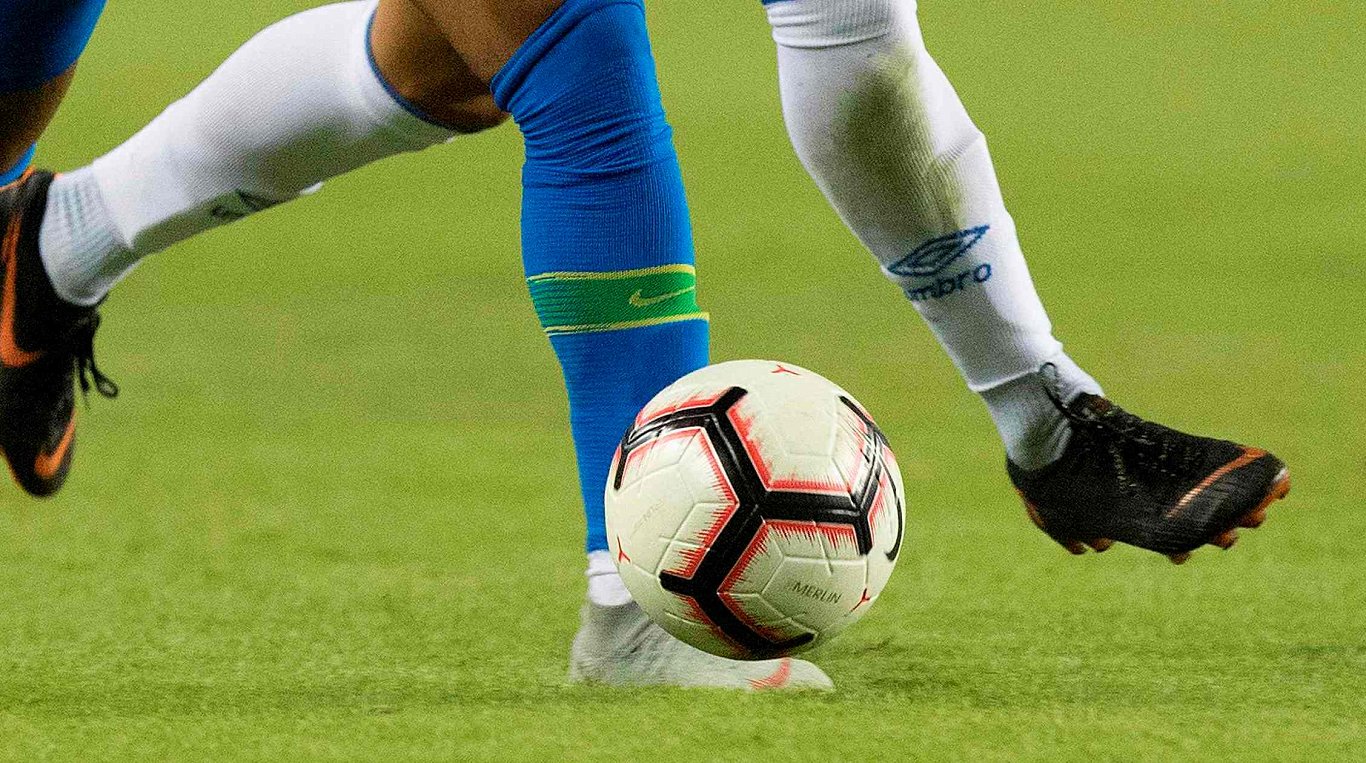One golfing innovation, in particular, has garnered much attention because of how well it adapts to the game’s recent and dramatic transformation. This, of course, is the golf rangefinder. These gadgets are unquestionably here to stay and are already standard fare for golfers. With range finders, golfers can pinpoint the exact location of the pin or any other item on the course with pinpoint accuracy. The point here is that distance measurement gadgets have become so widespread that many modern golfers would struggle to play the game without them.
The purpose of a golf rangefinder
Simply put, a golf rangefinder is a distance-measuring optical laser. Just how does it function? The system sends a beam of light to a target and measures how far it travels back to its origin. These tools are so accurate that they have become standard issues for players of all skill levels. Experts say range finders are more precise than GPS wristwatches and other comparable gadgets.
When searching for a golf rangefinder, what features should I prioritise?
Accuracy, usefulness, and cost-effectiveness should take precedence when shopping for a golf rangefinder. Then, durability, usefulness, and reliability should be prioritised on a lower tier.
Let’s explore each topic in detail.
Accuracy
There are two things that influence a golf rangefinder’s actual degree of accuracy. ‘Factory accuracy’ is the primary consideration.
Factory Accuracy
Manufacturers typically advertise their products as having a factory accuracy of one yard, or sometimes half a yard for more expensive versions, when tested under ideal conditions. This is analysed via stationary, indoor testing against a predefined screen.
However, precision in production is only part of the picture. Several variables could result in an inaccurate reading when utilising a rangefinder on the course.
Functional Accuracy
Despite its significance, functional accuracy is rarely assessed or discussed in comparison to manufacturing precision. Employing rangefinders in the field from known distances refers to the typical error (mean value) and variation in readings (standard deviation).
Extremely impressively, the lowest functional accuracy is only 3 to 4 yards off between 50 and 200 yards. Even while some manufacturers boast a one-yard accuracy in the production, their products may actually be accurate to two yards or more in use.
Speed
The use of rangefinders has accelerated the game. Playing golf faster is encouraged when you don’t have to pace out yardages. However, rangefinders with many bells and whistles may take a while to load.
You should look for these two things when reading Rangefinder reviews:
- The speed with which yardage is displayed
- The time it takes for pin-seeker mode/pin-lock to activate are two examples.
However, it often takes another half a second for the rangefinder to buzz and confirm that this is the pin. A slight lag is expected and even welcomed, but a slow rangefinder should be avoided at all costs.
Features
Pin locking, display settings, slope, an adjustable diopter (focus), and magnification are some of the most useful features of a golf rangefinder. Unless you’re trying to win a championship for the longest drive, you should care less about maximum yardage.
Slope technology is useful for nearly all golfers, but only if your rangefinder has an on/off switch. No one should use a rangefinder locked into the slope mode while competing.
Our research suggests little to no difference in precision between $200 and $500 devices regarding slope functionality. Therefore, you should ask yourself before purchasing,
- Does it have slope mode?
- Is there an on/off switch for slope mode?
Visual & Optics
Golfers often need to pay more attention to the aesthetics and optics of a rangefinder. A pin at 250 yards distance can be difficult to identify with a hazy and unsteady rangefinder. Nikon and Bushnell, among others, spend a lot of money making their rangefinder scopes look like regular cameras.
Rangefinders can also differ in the amount and organisation of information they present. Although the optics of more costly rangefinders are a little clearer, a good budget rangefinder with clear optics is still possible to find if you shop.
Usability
The pin-locking mechanism in most modern rangefinders makes it much simpler to zero in on the target and select the ideal club for the job. Try to get a rangefinder that doesn’t require you to use two hands to gain yardage.
The range at which the pin-locking technology takes effect is an additional consideration. Rangefinders can lock onto the pin at 100 yards; others can do so at 200 yards. More expensive rangefinders are typically better at this, with the ability to zero in on targets quickly and accurately, even at great distances.
Build Quality
The higher the price of a rangefinder, the longer it will last. The same considerations apply to every other golfing gear or equipment here: how often and for how long do you plan to use it?
If you play golf frequently, getting a mid- to high-price rangefinder is worth the investment because it can last 10 years or more with proper care.
Conclusion
Rangefinders are fantastically cheap tools that are quite useful and can significantly boost your quest to lower your scores. The best golf rangefinders available now include many great features to help you get a clear and exact picture for every shot.











